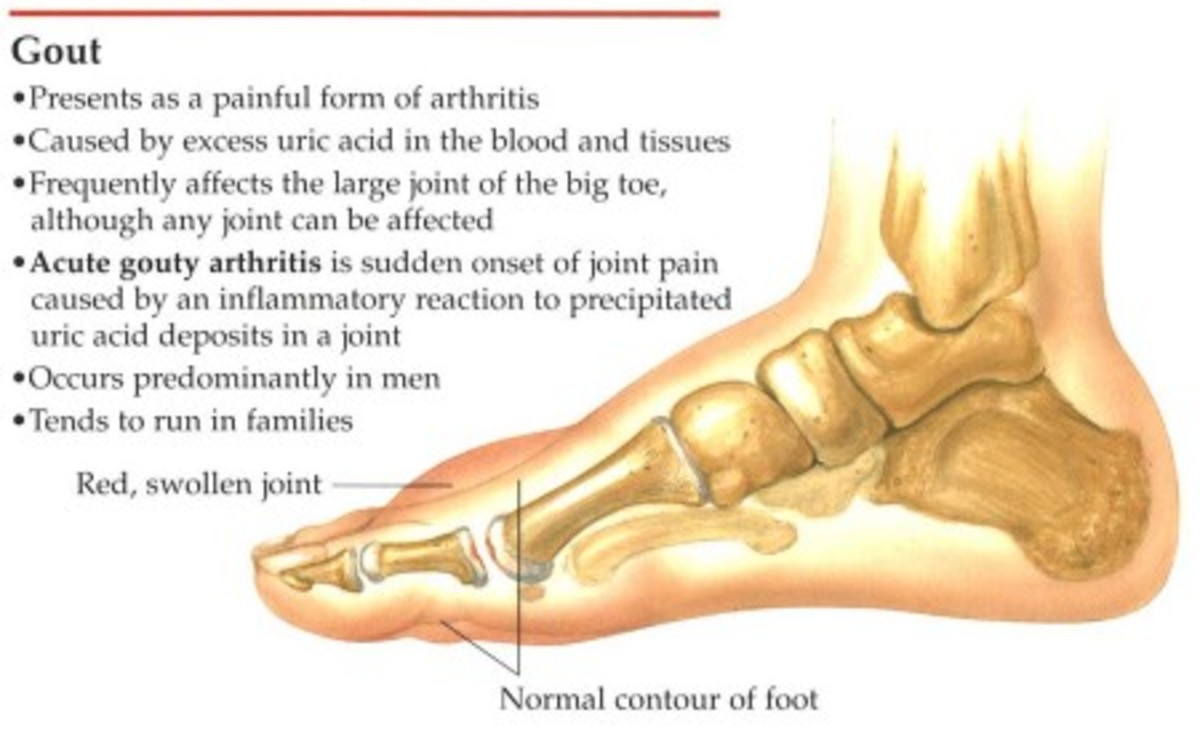Meat, Fish, and Chicken

Ancient man would not have eaten meat every day; in fact he would probably not have eaten every day at all. It would certainly not be an every day event when you have to chase your food down and be a good shot too, not to mention skinning and cutting your catch up with stone tools. The wild animals ancient man ate would not have had a lot of fat on them either, as they all had to be fairly adept at running (being either the hunter or the hunted).
Meat, eaten in the quantities western folk eat it, is acid producing. Remember - our ancestors only ate meat approximately three times a week and our bodies still operate as prehistoric man. All foods report to the kidneys as acid or alkaline. A lifetime of eating acidic foods will usually result in kidney stones, osteoporosis, stroke, and/or hypertension.
Your body will work at its optimum if you keep your acid/alkaline count between 7 to 7.2. If you are acid your body will take calcium from your bones to try to keep the blood alkaline. Once this calcium is taken out of the bones it is very hard to build it up again.
To cut your meat consumption cut a small piece into strips and put in with a stir fry, only frying the vegetables a little (thus retaining some of their enzymes without killing them all with the heat). Or, you can cut meat or chicken into strips and lay across a salad. Alternatively still, you can eat eggs a few times a week, which gives you protein. Eggs are also acid producing. Whether you eat meat or eggs, if some green vegetables, especially spinach, is taken with it, then this helps to counteract the acid producing effect of the meat or eggs.
Modern meat is loaded with lots of fat. Buy lean organic grass-fed meat and you will get some saturated fat (which is essential for your body and especially for your brain). Grass-fed is how cattle are meant to eat, not being kept in a feedlot fed with antibiotics, hormones and grains which have a high pesticide load and then are passed on to you.
Grain fed cattle in feed lots has high levels of Omega-6 in their bodies. Omega-6’s are already too high in the western diet and cause inflammation with the resulting multitude of diseases. Omega-3 should be the dominant essential fatty acid in the equation. Grass-fed beef has lower Omega-6 and higher Omega-3. Omega-3 is the essential fatty acid which promotes healthy hearts, keeps joints lubricated and crosses the blood brain barrier to carry essential fats to the brain. The brain cannot function properly without the proper fats.
Chicken
It’s the same as above with chicken. Buy the organic variety which has been running around the hillsides, not kept squashed together in a barn (that is what barn-raised means) or even worse, in cages.
There are organic farms who will deliver organic meat and chicken to your home. Search on the internet in your area. Another place to find good quality meat and eggs is at local markets, especially farmers’ markets. Support your local farmers and everyone will benefit from more nutritious and pesticide-free produce.
Fish
These days it’s a hit and miss affair to buy fish. No one knows what mercury content they have. It’s said that all fish have some sort of mercury content considering the condition of our oceans. The best to buy is wild caught salmon. Wild caught salmon are Pacific salmon, as wild Atlantic salmon are now an endangered species due to overfishing, dams being built in their spawning habitat and other impediments. The only other alternative is farmed salmon. The majority of farmed salmon are Atlantic salmon. All salmon, whether wild or farmed, have the highest content of Omega-3 of all fish. If you have a meal containing fish several times a week, that is enough to keep your Omega-3 levels at an optimum level.
Sources:
http://www.govita.com.au/factsheets/Restoring%20acid%20alkaline%20balance.pdf
http://www.ehow.com/about_6197306_alaskan-vs_-atlantic-salmon.html
http://health-food-stores-review.toptenreviews.com/grain-versus-grass-fed-meat.html






